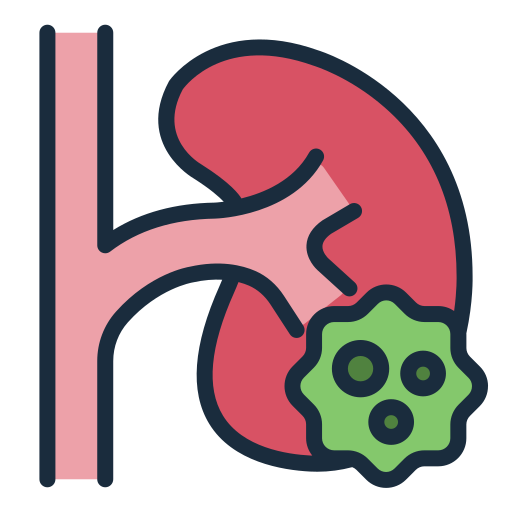

Source: GU Oncology Now
URL: https://www.guoncologynow.com/post/68ga-ny104-pet-ct-outperforms-18f-fdg-pet-ct-in-metastatic-ccrcc

68Ga-NY104 PET/CT demonstrates superior diagnostic performance compared to 18F-FDG PET/CT in metastatic clear cell renal cell carcinoma (ccRCC), with 96.6% sensitivity and 99.1% specificity versus 77.8% and 5.5% respectively. This carbonic anhydrase IX (CAIX)-targeted imaging agent offers significantly improved lesion detection and characterization in metastatic ccRCC patients.
Study Design & Population
- Prospective, single-center, single-arm phase II study (NCT05879471)
- 44 patients with metastatic ccRCC (mean age 59.6 ± 10.7 years, 91% male)
- 677 lesions identified across 172 anatomical regions
- Both imaging modalities performed within 1 week, with tyrosine kinase inhibitors discontinued ≥1 week prior
Key Findings
- Lesion-level performance: 68Ga-NY104 sensitivity 96.6% vs 18F-FDG 77.8% (P<.001); specificity 99.1% vs 5.5% (P<.001)
- Region-level performance: 68Ga-NY104 sensitivity 98.4% vs 18F-FDG 82.0% (P<.001); specificity 97.7% vs 11.4% (P<.001)
- SUVmax values: 68Ga-NY104 showed higher uptake in ccRCC lesions (12.6 ± 11.7 vs 7.5 ± 10.5, P<.001)
- Tumor-to-background ratio: Superior contrast with 68Ga-NY104 (15.7 ± 14.6 vs 4.8 ± 5.5, P<.001)
Clinical Implications
- 68Ga-NY104 PET/CT may become preferred imaging modality for metastatic ccRCC staging and surveillance
- Superior specificity could reduce false-positive findings and unnecessary interventions
- CAIX-targeted imaging provides better differentiation between ccRCC and non-ccRCC lesions
Limitations
- Single-center study with relatively small sample size (n=44)
- Single-arm design without randomized comparison
- Requires validation in larger multicenter trials before clinical implementation
- Cost-effectiveness compared to standard imaging not evaluated



